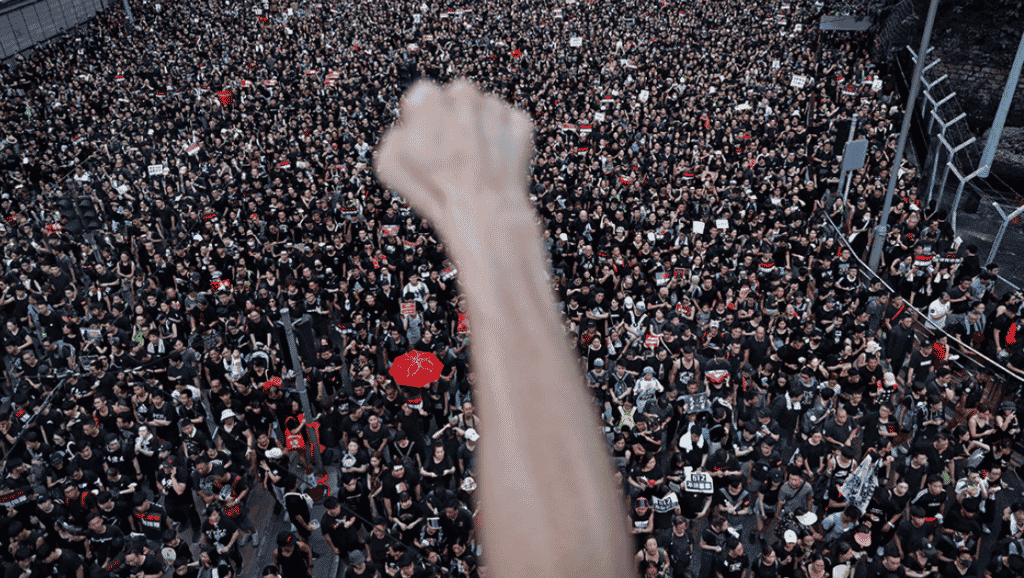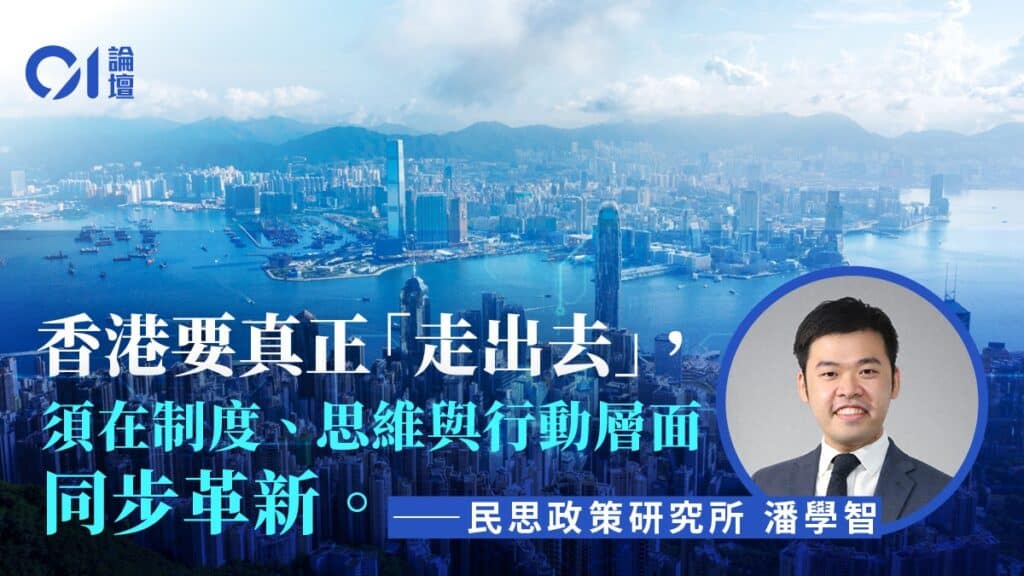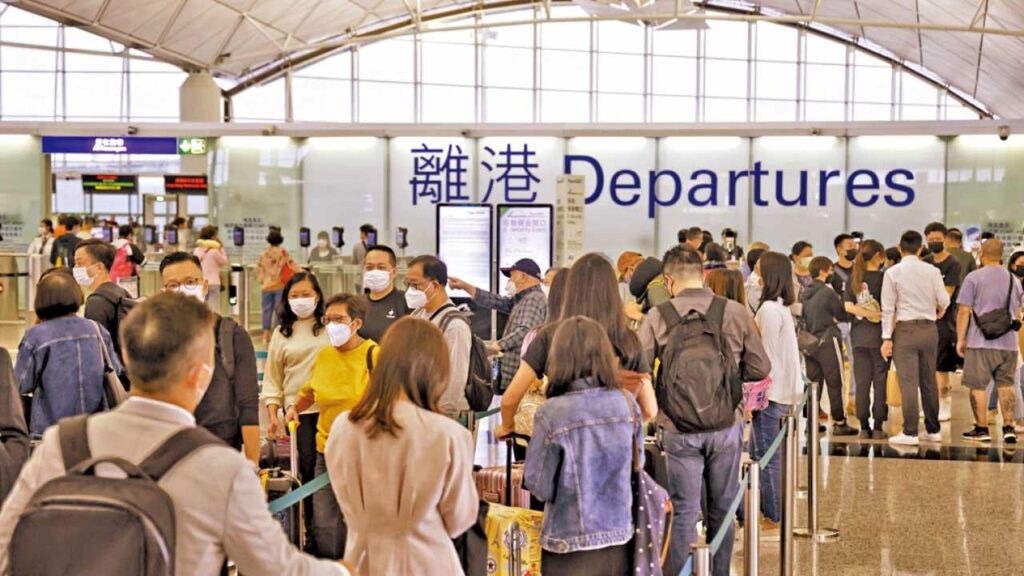"A Year After Leaving Made in China" was a best-seller ten years ago. It was an era when "the world was flat" and globalization was the most fashionable topic. China has emerged as a global manufacturing base. The author, who lives in the United States, wants to experience its influence firsthand and decides to launch a one-year economic experiment: the whole family will stop buying all products made in China. Now that the trend has turned, it is the turn of Hong Kong people to consume according to their political opinions. Perhaps it is similar to the author's experience. Although it is not completely impossible, the boycott process is worrying about gains and losses, and ultimately he suffers.
Conscientious consumption is inevitable
From a micro perspective, ethical consumerism guided by values is not a strange concept. From banning sweatshops to rejecting animal testing, social consensus shapes corporate responsibility and even provides legal protection. Fair trade, organic diet, vegetarianism, kosher food and halal food, which are derived from poverty alleviation, environmental protection, health or religious values, have a place in the business world and coexist, giving consumers the freedom to choose. If political demands are viewed as a social mission, then yellow shops are actually no different from social enterprises. They sell sympathy by offering loose quality products. As long as they have a group of solid supporters who are willing to pay a "yellow premium", then there is nothing wrong with that.
It is a deplorable trend that political actions are disguised as economic actions and spread social divisions to the business community. When it comes to business, it is understandable that businessmen take sides based on their own interests and positions during political changes. Voting with money originally conforms to market logic, but after being tied to radicalism and fighting mentality, it is difficult to draw a clear line even though it is not the original intention. Destroying dissident shops out of revenge is certainly despicable, but social movements know how to correct themselves, and some people are beginning to reflect on the "Yellow Guards"' cross-border behavior. It's better late than never. Even the Diaoyu Islands dispute and THAAD incident in the early years triggered a domestic boycott of Japanese and South Korean goods, and at the end of the day, people would reflect on the gains and losses brought about by the hot-headed nationalism.
The Iron Curtain Sacrifices Diversity and Freedom
The main criticisms of the yellow economic circle are that it is confined to a certain area, has vague definitions, and is small in scale. Some people think that the clear distinction between yellow and blue businesses damages the business environment; some people think that the certification criteria are lacking, and that donations to the resistance fund can be included in the list, and that people who have criticized the government online can also be shortlisted; some people think that the yellow economic circle is mainly composed of small local shops, and it is difficult to Let alone getting rid of the Chinese supply chain. These views have some truth to them, but young people probably sneered at them and thought that "punishing" prostitutes was a small blessing in troubled times. I know a friend who is a young professional who bought a house on his own before he turned 30. He is also a "buy a house" enthusiast who is not afraid of negative assets. With the situation of "burning the house down to roast the pig", is there any chance for reality?
Over the past decade, globalization has resisted various criticisms such as exploitation, monopoly, and dependence and promoted trade liberalization. Who would have thought that the rise of protectionism would suddenly overturn the world order and make neoliberalism a bygone era. As China and the United States become hostile, Hong Kong, which prides itself on being an international metropolis, is at the forefront of the new Cold War, taking the lead in building an economic iron curtain and sacrificing democratic principles such as diversity and freedom. Many people worried that Hong Kong would evolve into a new Berlin, but now it is a self-realization.
Ray Poon
Co-Convenor (Research), Path of Democracy



